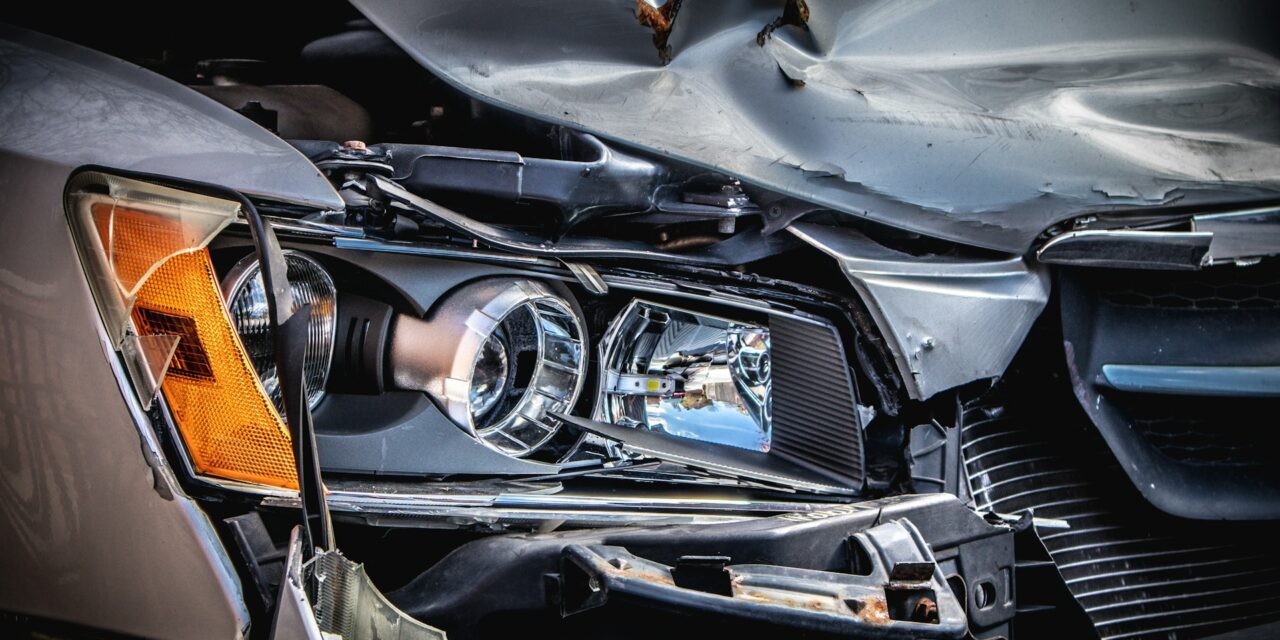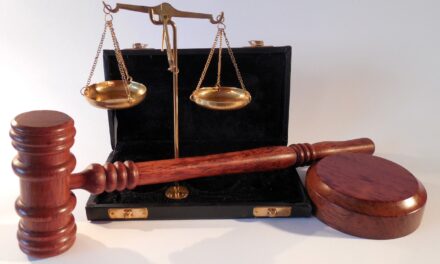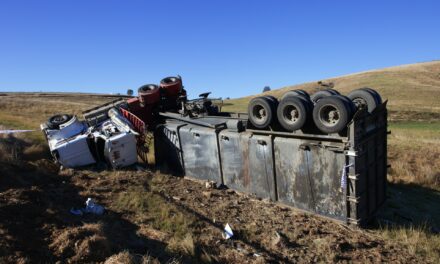Car accidents can be sudden and overwhelming, leaving victims with physical injuries, emotional trauma, and financial burdens. If you have been involved in a crash in Charlottesville, knowing what steps to take can protect your rights and improve your chances of securing the compensation you need. From seeking medical attention to dealing with insurance companies, every action you take after the accident can influence your recovery.
Virginia’s strict car accident laws and insurance requirements make it essential to understand your rights and responsibilities. Whether you are dealing with an uncooperative insurance adjuster or facing medical bills, knowing how to navigate the process can make a significant difference in your outcome.
Immediate Steps to Take After a Car Accident
The moments after a collision are critical. Taking the right actions can protect your well-being and strengthen your case if you pursue compensation.
Ensure Your Safety and Call 911
After a crash, your first priority is safety. If possible, move to a secure location away from traffic. If you or anyone else is injured, call 911 immediately. Even in minor accidents, law enforcement should be contacted to create an official accident report. This report can provide essential details about the crash, including who may have been at fault, which can be useful for insurance claims or legal proceedings.
Seek Medical Attention
Even if you do not feel seriously injured, it is important to seek medical care as soon as possible. Some injuries, such as whiplash, concussions, or internal bleeding, may not be immediately apparent but can become severe if left untreated. A medical evaluation also provides documentation of your injuries, which can serve as vital evidence when filing a claim for compensation.
Document the Scene
Gathering evidence at the accident scene can help support your claim. Take photos of the vehicles involved, visible injuries, road conditions, traffic signs, and any skid marks. If there were witnesses, ask for their contact information, as their testimony may be valuable later. Additionally, exchange insurance and contact details with the other driver, but avoid discussing fault or making statements that could be used against you.
Report the Accident to Your Insurance Company
Contact your insurance provider as soon as possible to report the accident. Be factual in your statements but avoid admitting fault. Insurance companies often look for ways to minimize payouts, so it is advisable to consult with a lawyer before providing recorded statements or signing any agreements.
Understanding Virginia’s Car Accident Laws
Virginia has specific laws governing car accident claims, and understanding them can help you navigate the legal process more effectively.
Virginia’s Contributory Negligence Rule
Virginia follows a contributory negligence system, one of the strictest in the country. Under this rule, if you are found even slightly at fault for the accident, you may be completely barred from recovering compensation. Insurance companies may try to use this rule against you, making it essential to build a strong case demonstrating that the other party was entirely responsible.
Statute of Limitations for Car Accident Claims
If you decide to pursue legal action after a car accident, Virginia law sets a strict time limit. Generally, you have two years from the date of the accident to file a personal injury lawsuit and five years to file a property damage claim. Missing these deadlines could prevent you from recovering compensation, making it critical to act quickly.
Insurance Requirements in Virginia
Virginia law requires drivers to carry minimum liability insurance coverage of:
- $30,000 per person for bodily injury
- $60,000 per accident for bodily injury
- $20,000 per accident for property damage
However, drivers also have the option to pay an uninsured motorist fee, meaning some drivers on the road may not have insurance coverage at all. If the at-fault driver is uninsured or underinsured, recovering compensation can be more challenging and may require legal assistance.
Seeking Compensation After a Car Accident
If you have been injured in a car accident, you may be entitled to compensation for your damages. The amount you can recover depends on the severity of your injuries, the extent of property damage, and the circumstances surrounding the crash.
Types of Compensation Available
A successful car accident claim may allow you to recover compensation for:
- Medical expenses, including hospital bills, surgeries, rehabilitation, and medication
- Lost wages if you are unable to work due to your injuries
- Pain and suffering, including emotional distress and diminished quality of life
- Property damage for vehicle repairs or replacement
Insurance companies often try to settle claims quickly and for as little as possible. Before accepting a settlement offer, it is crucial to evaluate whether it fully covers your losses. In many cases, working with an attorney can help ensure you receive fair compensation.
Filing an Insurance Claim
After reporting the accident to your insurance provider, they will begin an investigation to determine fault and assess the damages. If the at-fault driver is insured, their insurance should cover your damages up to their policy limits. However, if they are uninsured or their policy does not fully cover your losses, you may need to file a claim under your own uninsured/underinsured motorist coverage.
Insurance companies often try to minimize payouts by disputing liability or downplaying the severity of injuries. If you encounter difficulties in securing fair compensation, seeking legal assistance may be necessary.
When to Consider a Personal Injury Lawsuit
If an insurance settlement does not fully compensate you for your losses, filing a personal injury lawsuit may be an option. To succeed in a lawsuit, you must prove that the other driver was negligent and that their negligence directly caused your injuries. This often requires gathering evidence such as medical records, accident reports, witness statements, and expert testimony.
How a Lawyer Can Help with Your Car Accident Case
Navigating a car accident claim can be complex, especially when dealing with insurance companies that prioritize their profits. A lawyer can provide crucial assistance in several ways.
Investigating the Accident
A thorough investigation can help establish fault and strengthen your claim. A lawyer can gather evidence, analyze accident reports, and work with experts to reconstruct the crash if necessary.
Handling Insurance Negotiations
Insurance companies often use tactics to pressure victims into accepting low settlements. A lawyer can negotiate on your behalf to ensure you receive the compensation you deserve. If the insurance company refuses to offer a fair settlement, legal action may be necessary.
Representing You in Court
If your case goes to trial, having legal representation is essential. A skilled attorney can present evidence, cross-examine witnesses, and argue your case effectively to maximize your compensation.
Speak with a Lawyer to Protect Your Rights
If you have been injured in a car accident, working with a Car Accident Lawyer Serving Charlottesville can help you navigate the legal process and fight for the compensation you deserve. An experienced lawyer can evaluate your case, handle insurance negotiations, and represent you in court if necessary.
Taking immediate action after an accident is crucial to protecting your rights and securing financial recovery. By understanding your legal options and seeking professional guidance, you can focus on healing while ensuring that justice is served.






